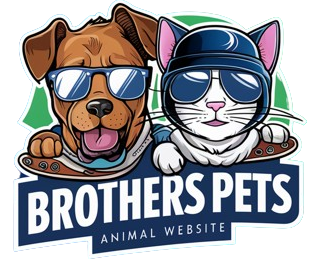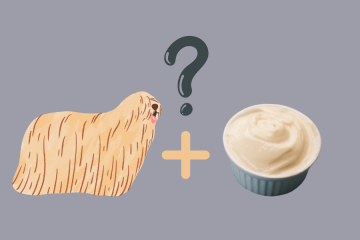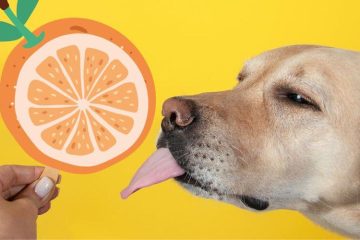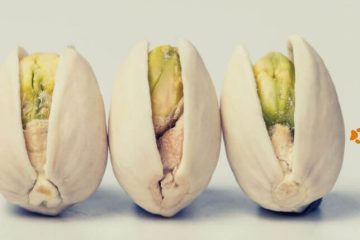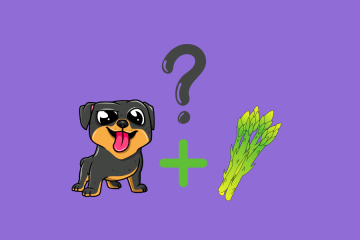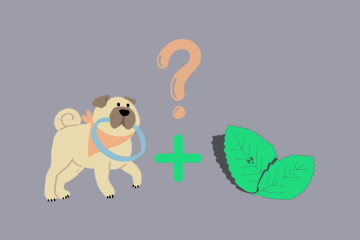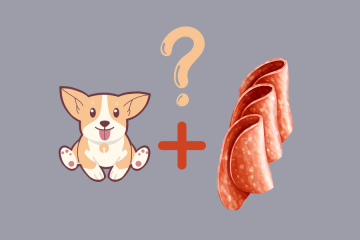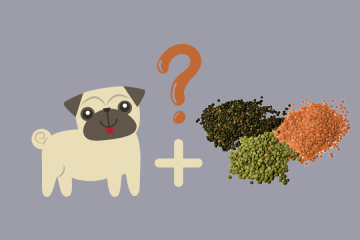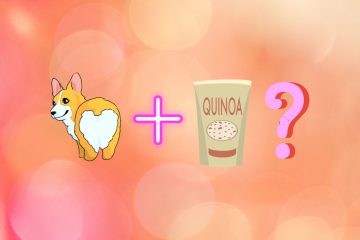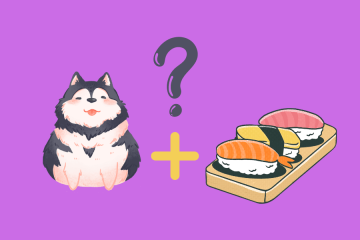Some foods that you serve your dog may turn out to be toxic. We will look at fruit and vegetables you cannot give your dog. Meats and other dangerous snacks will be covered too. So what can dogs not eat? Here’s a list of products you’d rather avoid giving Munchy boy to eat:
Avoid these products:
- onions & garlic
- certain nuts
- grapes, raisins
- wild mushrooms
- plums with pits
- rhubarb
- salted canned foods
- raw eggs
- fries
- ham
- candy, xylitol
Vegetable Dog Food. Veggie Foods Dogs Should Avoid
Onions
Onions are toxic to dogs. If ingested, they can cause gastrointestinal problems, including vomiting and diarrhea. Onions can occasionally be fatal to dogs. Dogs and cats are both harmed by onions due to their toxicity, but the signs vary.
Garlic
Garlic can be poisonous to dogs and cause red blood cell destruction, which can affect respiration and lead to gastrointestinal discomfort, anemia, weakness, and lethargic behavior.
Wild Mushrooms
Dogs who eat mushrooms on walks may become ill with renal failure, liver failure, and convulsions. As it can be challenging to determine which wild mushrooms are safe, dogs shouldn’t consume any of them. Instead, stick to properly cleaned and prepared store-bought mushrooms. For a happy tail, be sure to boil them!
Can Dogs Eat Raisins? Fruit That Is Bad for Dogs
Grapes
It’s imperative to be aware of the risks posed by grapes, raisins, and grape juice. It’s unclear exactly why grapes and grape juice might be bad for a dog’s kidney or liver, but they are. Especially for dogs with diabetes or kidney issues. Vomiting, diarrhea, tiredness, and jaundice are all signs of liver disease. Swollen limbs, shortness of breath and decreased urination are symptoms of kidney failure.
Avocado
Avocados contain a neurotoxin called persin, which can be bad for dogs in excessive doses. Persin is present in the avocado pit and skin, therefore it’s important to avoid offering your pooch these parts of the fruit. There’s also a chance that feeding your dog too much of avocado’s beneficial fat might induce pancreatitis.
Rhubarb
Rhubarb is highly toxic for dogs and can cause toxicity. If your dog grabs some rhubarb, you should take them to the veterinarian immediately. There is no antidote for rhubarb toxicity, so the best thing you can do is try to make your buddy vomit and hope that he will recover. Do not let your pup eat rhubarb under any circumstances! Still asking, what can dogs not eat? Read AKC’s recommendations.
Are Nuts Poisonous to Dogs? Nuts Harmful to Dogs
Walnuts
Moldy and black walnuts can be extremely dangerous for dogs. What hazardous substances in these nuts make them harmful for our pets? The fungi that thrive on these priceless nuts produce mycotoxins, which are tremorgenic and harmful to a dog’s health.
Pecans
Pecans may seem like a harmless treat for your pup, but they have the potential to be deadly. Even in small amounts, ingestion of juglone (the toxin in them) can cause serious health issues such as nausea and fever. Uneaten pecans should also not sit around too long, or they can develop mold, which has tremorgenic mycotoxins and leads to seizures and neurological symptoms. Make sure all nuts are nutritionally prepared before giving them to Fido!
Xylitol and Salty Foods. Keep Your Dog Away From These Treats
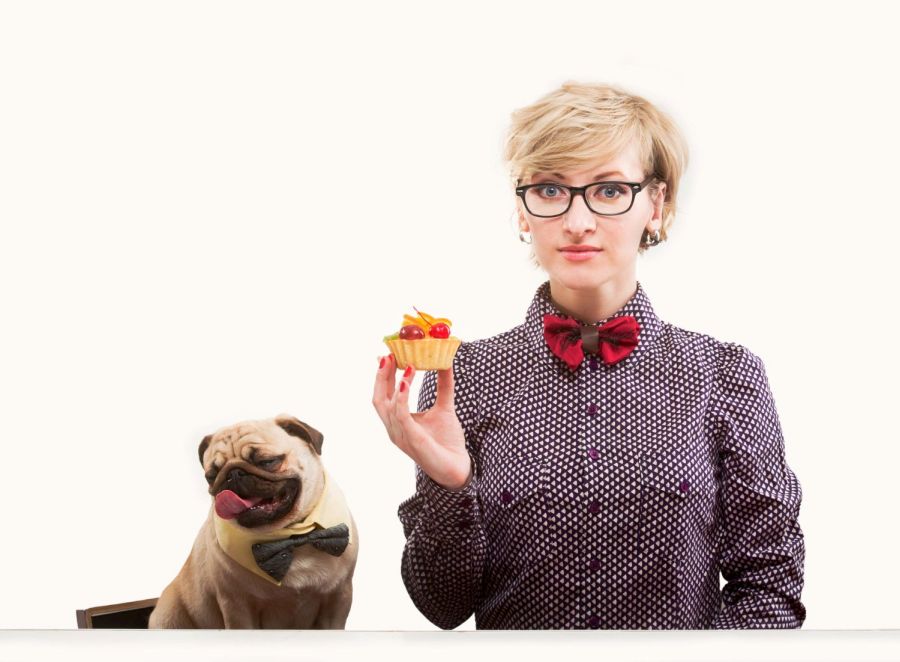
French Fries
The main toxin found in french fries is acrylamide, which is a carcinogen that can cause cancer in pets. In large quantities, this chemical can also lead to other health problems such as kidney damage and nerve damage. The other disadvantage of french fries is that they are frequently heavily seasoned. This can make dogs excessively thirsty and cause salt poisoning
Bacon and Ham
The high-fat content in bacon and ham can cause issues for your dog. You might want to try feeding them smaller amounts first, or simply do without the meat altogether! Bacon has more calories than other types of meats, so make sure not to overfeed your pup. Ham bones can splinter and cause internal injuries. Raw ham bones might carry bacteria and germs. Additionally, the high salt content in ham can lead to sodium poisoning in dogs.
Candy
I’m sure your doggie would love to get a little treat from you. But, you don’t want him or her to develop diabetes, so please stay away from any candy, chocolate or cakes with lots of sugar and xylitol. Never offer your dog snacks that contain artificial sweeteners. They will make your dog sick and sad! That’s almost it on the question: what can dogs not eat?
What Can Dogs Not Eat? Last Words on Human Food Toxic to Dogs
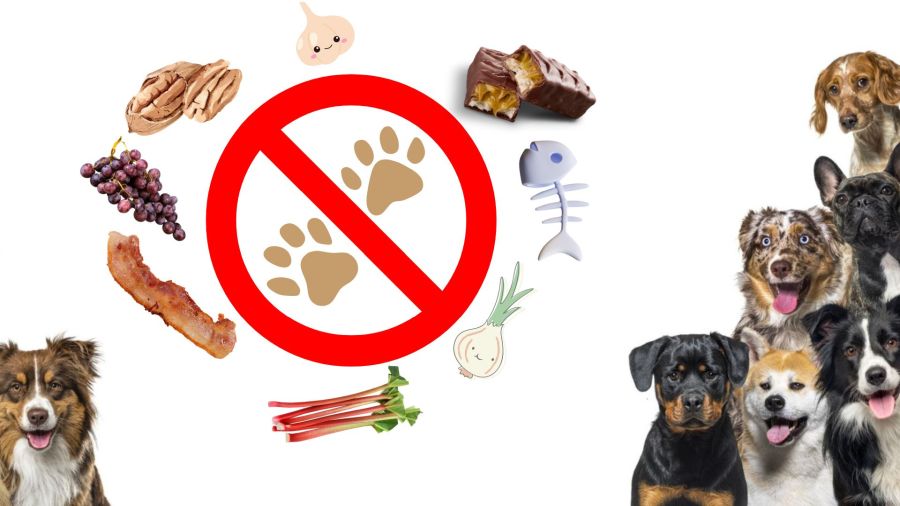
So what can dogs not eat? As you can see, a sizable number of human foods are poisonous to dogs. It’s critical to be aware of these risks and to never give your dog any food that can put them at risk of getting sick. You can make sure that both you and your beloved friend remain secure and healthy with a little little planning. Do you have any questions about which foods are not recommended for dogs? Let us know in the comments!
Editor’s Note
As an owner, it’s important to make sure your pet is receiving the best nutrition possible. As such, I never give my dogs chocolate or alcohol in any form. But I do ensure that they are getting a balanced and healthy diet. I’ll never forget the day when my plucky little terrier got full of Dutch courage after chowing down an entire box of chocolate with liquor, and way overshot his limit. Thankfully, he received the necessary medical attention to make a speedy if somewhat queasy recovery!
I feed my terrier a mixture of high-quality dry kibble with fresh meats and vegetables like lean ground beef, cooked chicken, broccoli, carrots, spinach, apples and bananas. This combination provides him with essential vitamins and minerals as well as protein and fiber to help keep their digestive system strong.
I also make sure to add omega-3 fatty acids to his diet for improved mental health and cognitive function which can be found in fish oil or flaxseed oil supplements. I give him omega-3 tablets every week and occasionally mix some into his regular food if he seems unenthusiastic about the tablets. Additionally, I give them probiotic supplements on occasion to help maintain good bacteria levels in their gut!
Frequently Asked Questions
Can Dogs Eat Banana?
Yes, dogs can eat bananas. Bananas are a good source of dietary potassium, vitamin C, dietary fiber and vitamin B6. They also contain small amounts of other nutrients such as vitamin A and magnesium. All of these nutrients are beneficial to dogs’ health. Consequently, bananas are a healthy snack option for dogs.
Can Dogs Eat Popcorn?
Yes, dogs can have some popcorn as long as it is without excessive butter, salt or flavorings. We also recommend avoiding popcorn from the microwave. And always be careful with the kernels!
Can Dogs Have Cheese?
Yes, dogs can have cheese, but not too much (due to lactose). Cheese is a dairy product and contains high levels of calcium, which is beneficial for dogs. However, dairy products should not make up the majority of a dog’s diet, and cheese should only be given as an occasional treat.
What Is the Healthiest Food to Feed Your Dog?
If you’re looking at prepped foods go for Nom Nom, Ollie, Blue Buffalo’s, or Pup Above. And of course such delicacies as lean beef, salmon, apples, blueberries, quinoa, oatmeal, sweet potatoes, boiled eggs, peanut butter without xylitol, and honey! For more healthy dog foods, watch this video:
What Is the 1 Meat You Should Never Feed Your Dog?
It’s raw meat, guys! Especially with bones or fat cuts like skin, bacon, or processed sausage.
Sarah Jameson is a journalist, reporter and a pet nutritionist. She is married to Peter, and they have two beautiful children, Zoey and Quinn. In her spare time, Sarah enjoys cooking for her family and playing snooker. She also loves spending time with her Scottish Terrier, Bobby.
